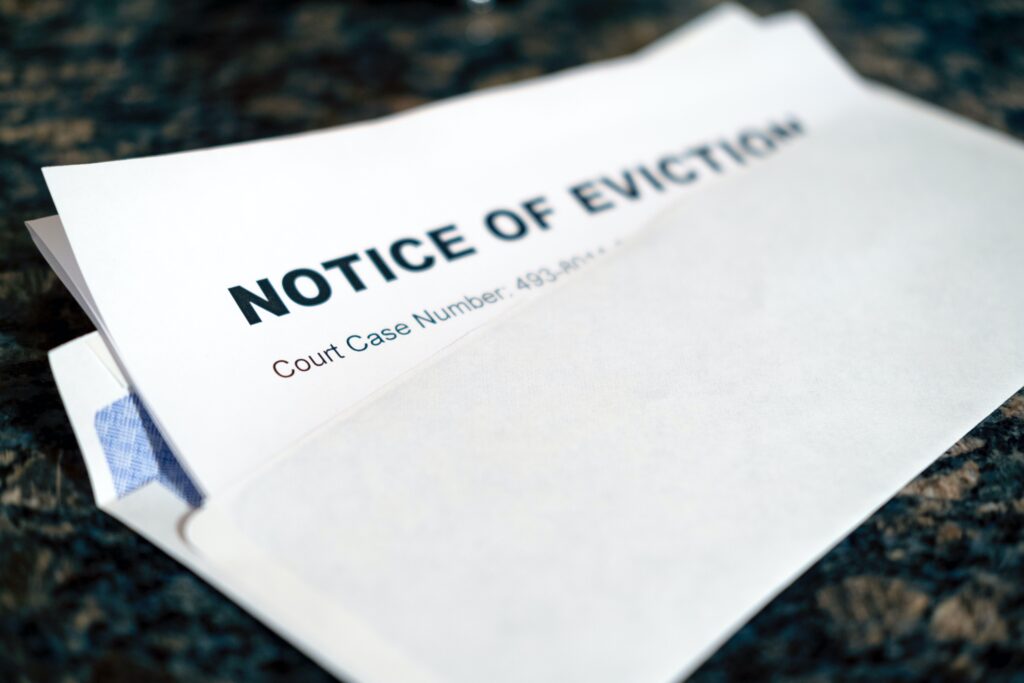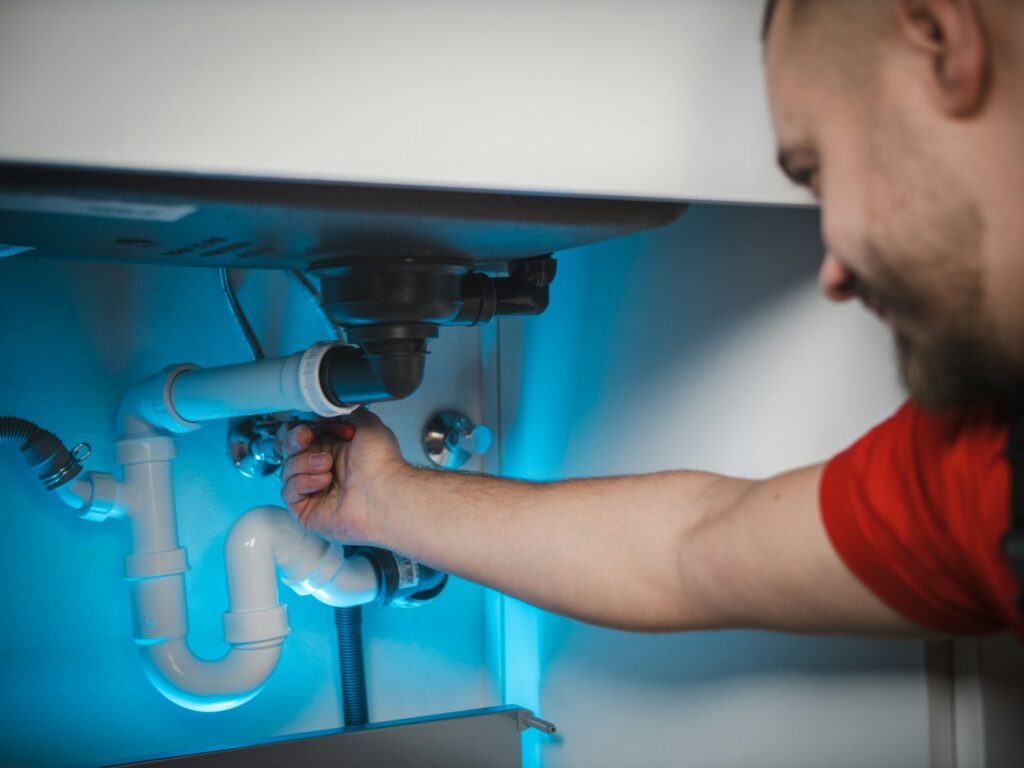Many landlords are unsurprisingly wary of accepting pets into their property since the Tenant Fees Act 2019 was introduced in England, stating that tenants cannot be charged for all up-front letting fees or extra security deposits for pets – despite the perceived greater risk of damage, wear and tear and poor cleanliness.
According to property inventory management specialist No Letting Go, the inclusion of a tightly written pet clause in the tenancy agreement will make the tenant aware of the potential issues and help with any claims at the end of the tenancy. The firm suggests the clause should include specifics such as what types of pets a landlord will allow and the need for a clear record of identification, licenses and vaccinations regarding the pet.
Both TDS and My Deposits say that they don’t receive pet-related claims as frequently as you might expect, and this may be due to landlords applying stricter rules in the past, or because permission to house the pet has been gained in advance. However, this is expected to change, with family let levels having risen over the past five years along with the increase in people owning pets since the first Covid-19 lockdown.
No Letting Go, which has been completing inventories and check-outs for letting agents, property management companies and landlords nationwide for over 15 years, says that it has seen an increase in recent years of check-out issues related to pets.
The issues commonly reported relate to pet odours, carpet and curtain fraying, skirting board damage, damage to backdoors from unauthorised cat flaps and gardens excessively worn due to dogs being kept. It’s important that landlords ensure they are able to provide good evidence to support their claim, particularly as these issues are unlikely to be addressed by the tenant before they leave.
Nick Lyons, CEO at No Letting Go, notes: “We are noticing and recording an increase in pet-related issues including excessive to fair wear and tear at check out, where the deposit schemes aren’t. It is likely that these issues are being negotiated before reaching adjudication or that the evidence isn’t strong enough to support a claim and landlords lose out, but there is certainly an increase. The one thing it has highlighted is that it is more important than ever that inventory companies or employees who complete the check-outs are much more vigilant with these issues.”
In a previous edition of the organisation’s Letterbox newsletter, Sandy Bastin, Head of TDS Adjudication, stated that there is an obligation for tenants to ensure the property is returned to its pre-tenancy condition and if any damage is caused and not fixed, landlords have a right to claim for any expenses used to put it right.
Bastin also stated that evidence for both check-ins and check-outs noting condition and cleanliness are crucial to any claim, along with accurate and clear causes in the tenancy agreement.
In addition, the newsletter provided data from a survey carried out on 1,500 landlords highlighting the challenges of pets and associated damage recovery.
It revealed that some 70% of landlords believe pets should be banned from all rented properties, and of those who are pet-friendly, 64% charge their tenants no extra for the privilege. However, the indication that 36% do charge extra suggests landlords are more pet-cautious since the Tenant Fees Act, as just 25% charged extra before this was introduced.
Since the pandemic began, there has been a push for tenants to have the undisputed right to keep a pet in their rental property despite them being banned by the majority of landlords. Indeed, the government has estimated that only around 7% of landlords fully accept pets. However, given the boom in pet ownership triggered by the pandemic, campaigners – including MPs, animal rights groups, tenant groups and even vets – have been urging the government to make it easier for renters to keep pets.
Earlier this year, a change to the model tenancy agreement was announced by the government, making it a right for tenants to keep pets in their rental properties provided certain conditions are met – but this has done little to force the hands of landlords at they aren’t obliged to apply it and often don’t.
Meanwhile, attempts by MPs to introduce legislation to make it an assumed right for tenants to keep pets have so far proved unimpactful.
Most recently, the government stood firm when urged to change the Tenant Fees Act to allow for additional deposits/costs for pets, insisting it would not amend the law to enable separate and additional charges for pet insurance or to cover pet damage.
“In the current market, with more people at home, the demand for a furry friend remains very high. As has been widely written about, the demand for pets during Covid went through the roof, in particular among the younger generations who are far more likely to rent,” Lyons added.
“Many tenants are likely to have got pets without permission (knowingly or not) from their landlord. As a result, I anticipate we will be seeing many check-outs over the next few years having pet-related dilapidations.”
He added that it is crucial that agent check-outs are thorough, with comparisons to the original inventory clearly laid out.
“Damage should be clearly defined in writing with supporting pictures. Things like cleanliness, including signs of animal hairs as well as excessive wear and tear, along with strong odours and overworn/damaged gardens, should also be noted down,” Lyons said.
“Using professional independent inventory management companies will prove to be a godsend as the demand for pets increases and pressure continues to grow on landlords to allow pets as a default right.”








